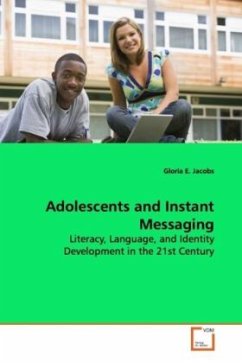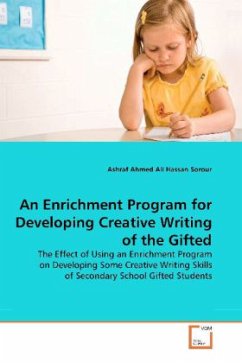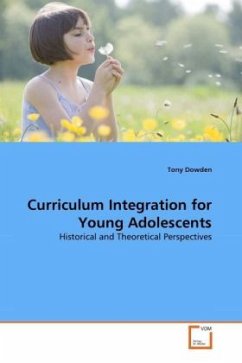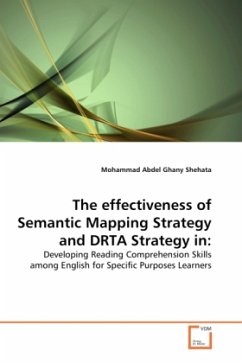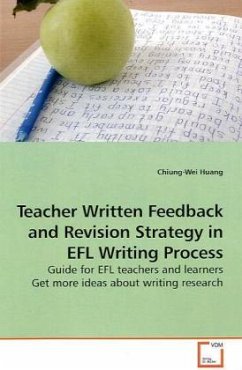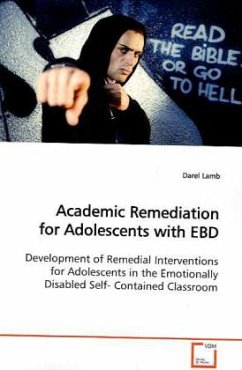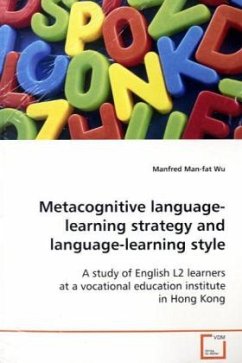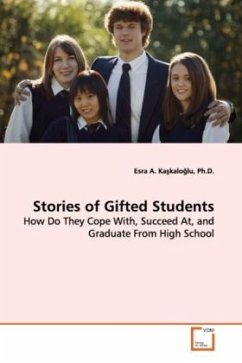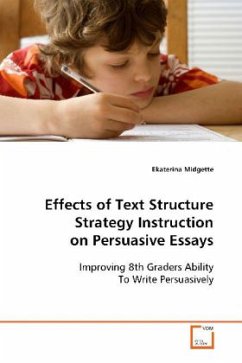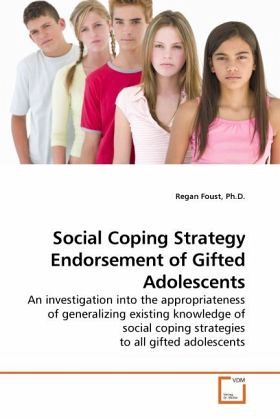
Social Coping Strategy Endorsement of Gifted Adolescents
An investigation into the appropriateness of generalizing existing knowledge of social coping strategies to all gifted adolescents
Versandkostenfrei!
Versandfertig in 6-10 Tagen
32,99 €
inkl. MwSt.

PAYBACK Punkte
16 °P sammeln!
During adolescence, any factor that can differentiate an adolescent from his or her social group can be perceived negatively. Research suggests younger adolescents tend to endorse coping strategies that conceal or compensate for differentiating characteristics more strongly than older adolescents. Surprisingly, findings relating to developmental differences in strategy endorsement among gifted adolescents are inconsistent with this trend. However, our understanding of the social coping of gifted students has been based on data from samples of gifted adolescents attending selective residential ...
During adolescence, any factor that can differentiate an adolescent from his or her social group can be perceived negatively. Research suggests younger adolescents tend to endorse coping strategies that conceal or compensate for differentiating characteristics more strongly than older adolescents. Surprisingly, findings relating to developmental differences in strategy endorsement among gifted adolescents are inconsistent with this trend. However, our understanding of the social coping of gifted students has been based on data from samples of gifted adolescents attending selective residential summer programs, so it may be inappropriate to generalize existing knowledge about social coping strategies to all gifted adolescents. In order to investigate this more fully, social coping strategy endorsement was analyzed in 204 identified gifted 6th-12th grade students within adjoining school districts. The findings suggest the factor structure derived from gifted students attending selective summer programs may not hold when assessing gifted adolescents attending public school with large gifted populations.



